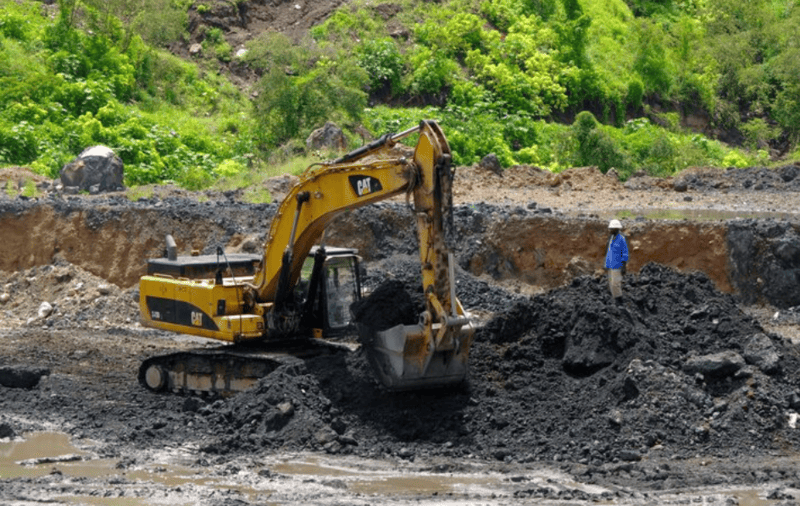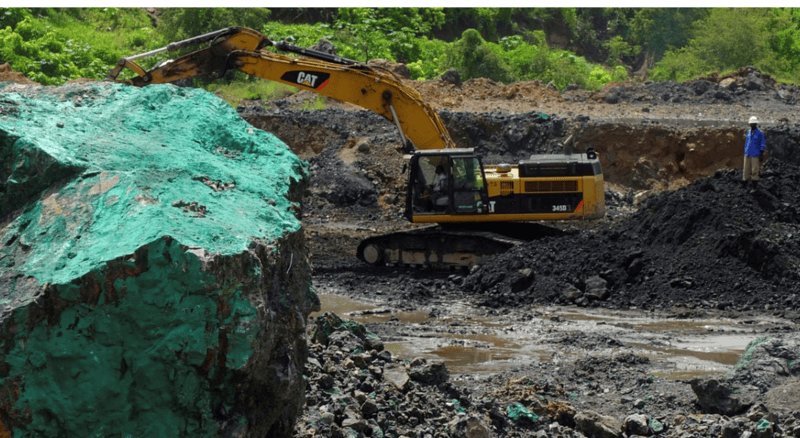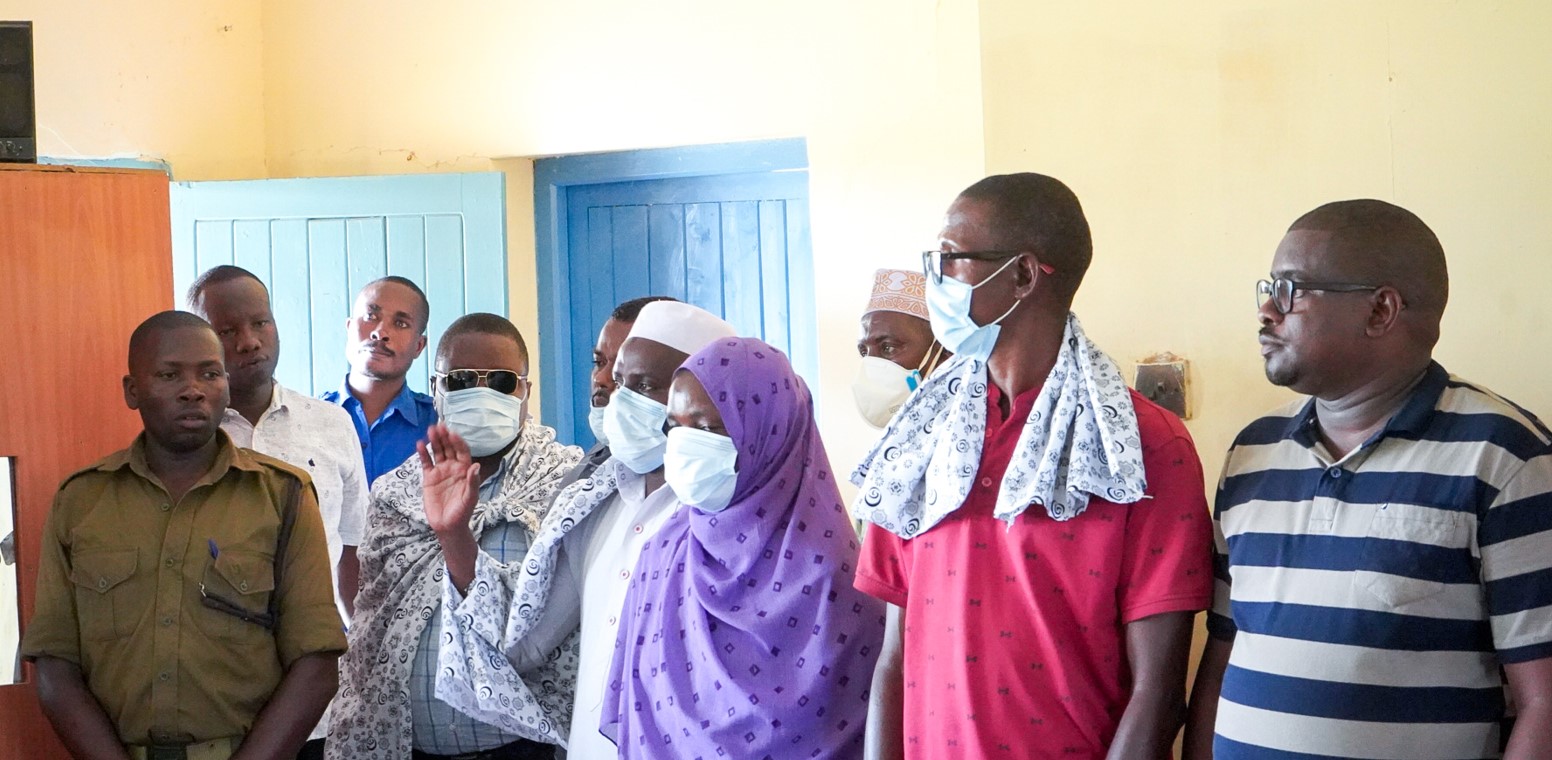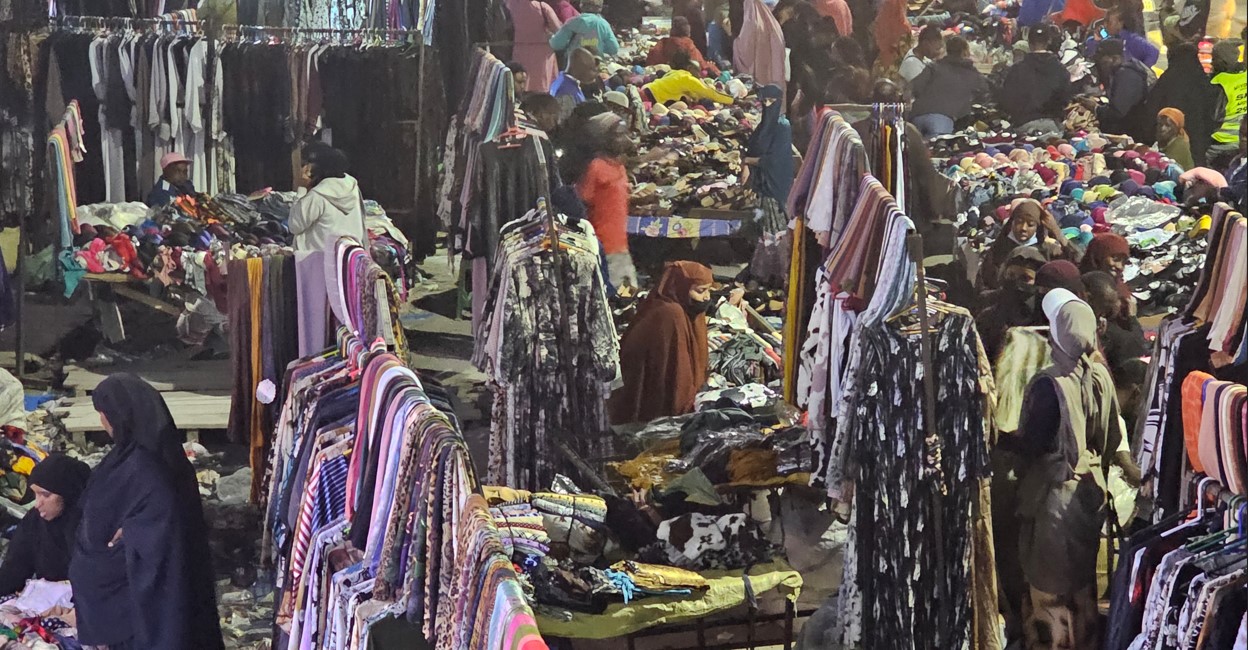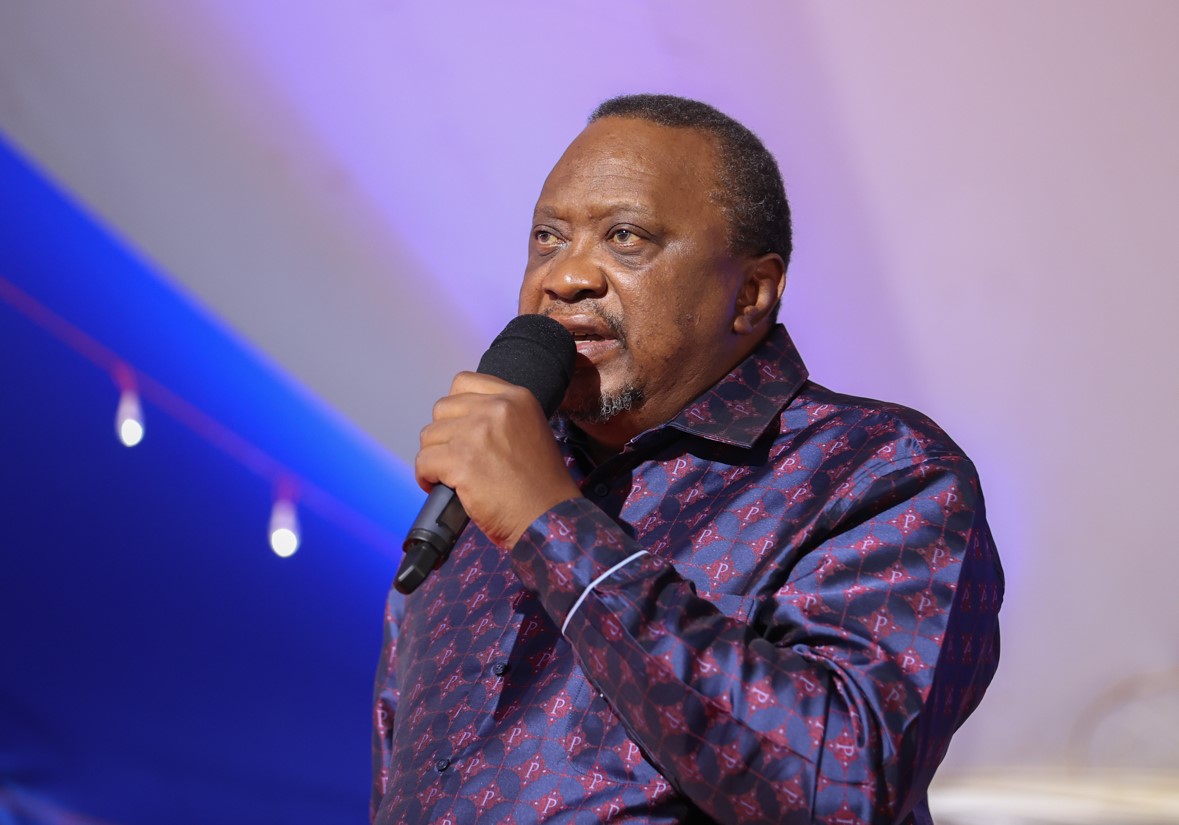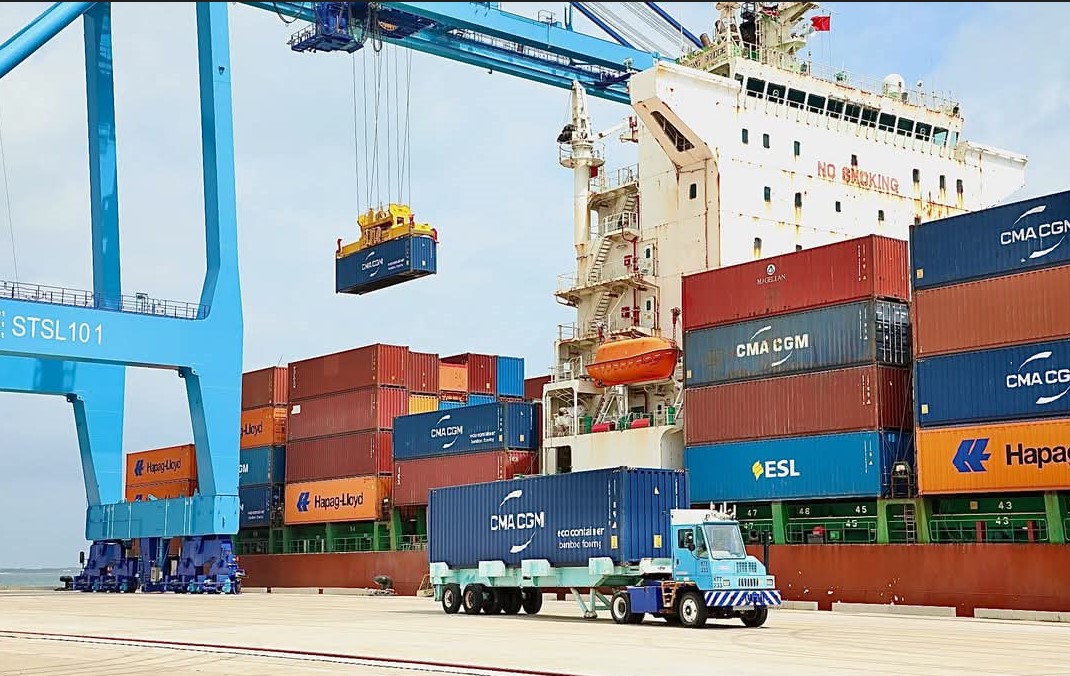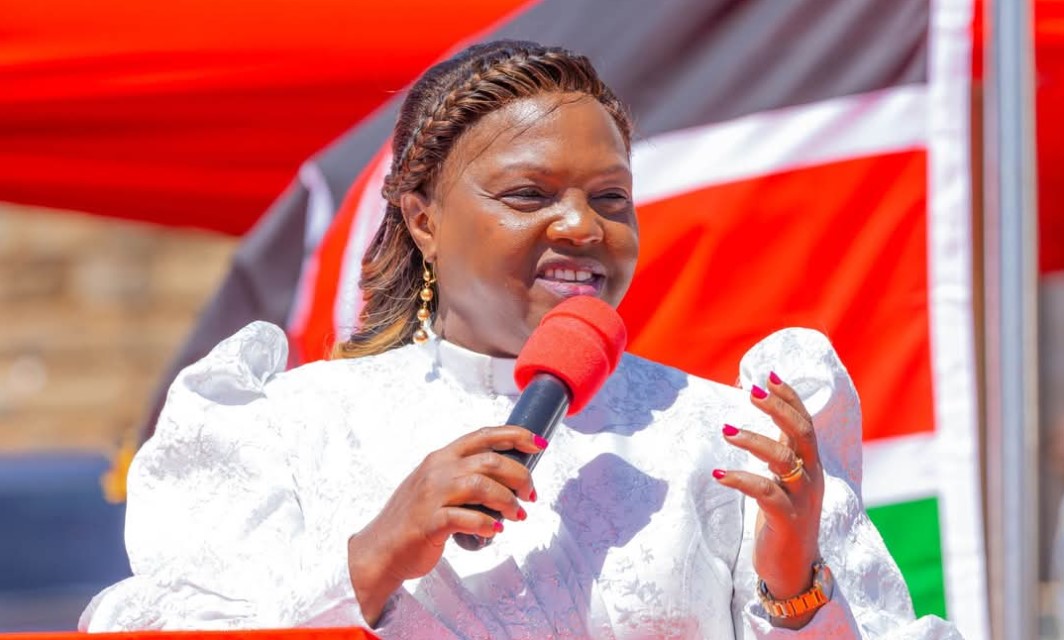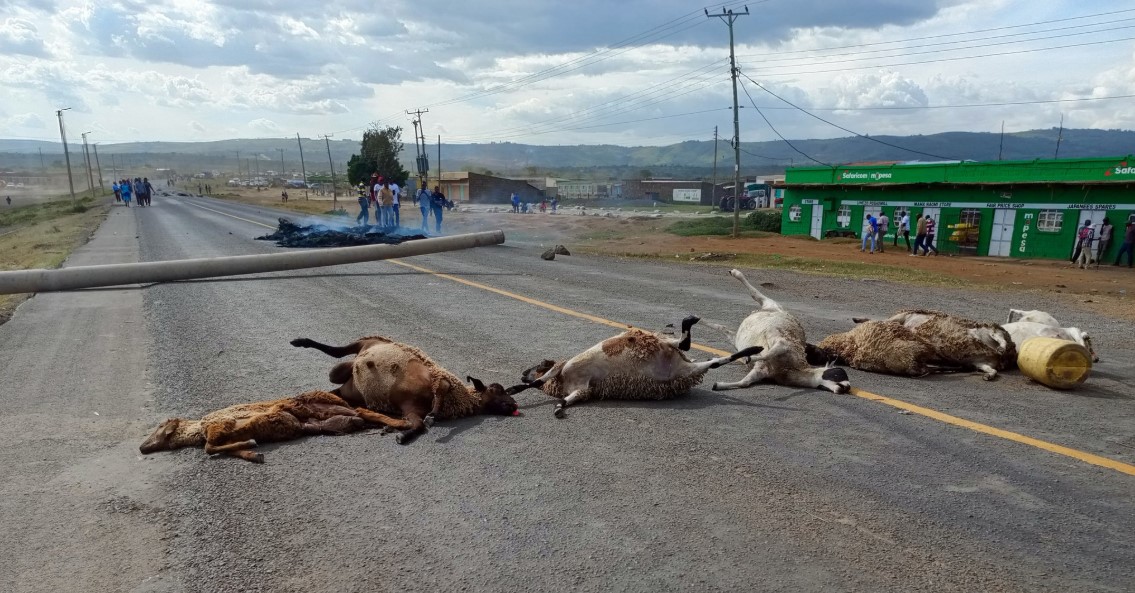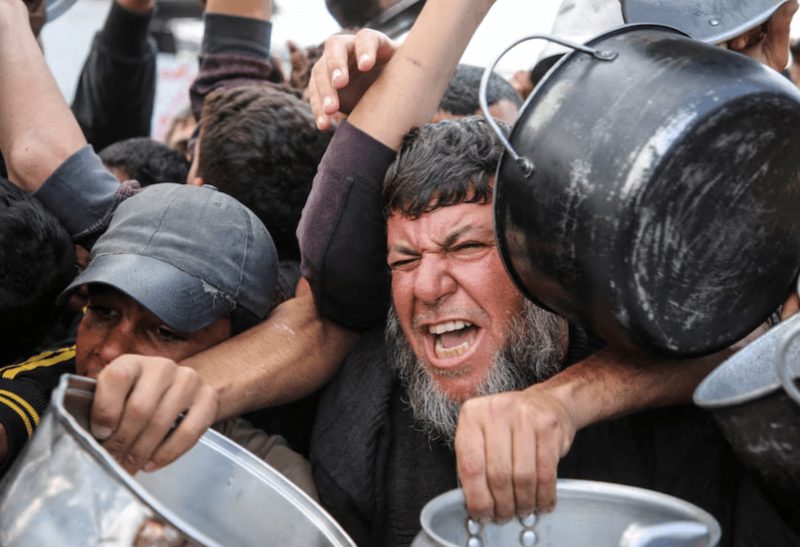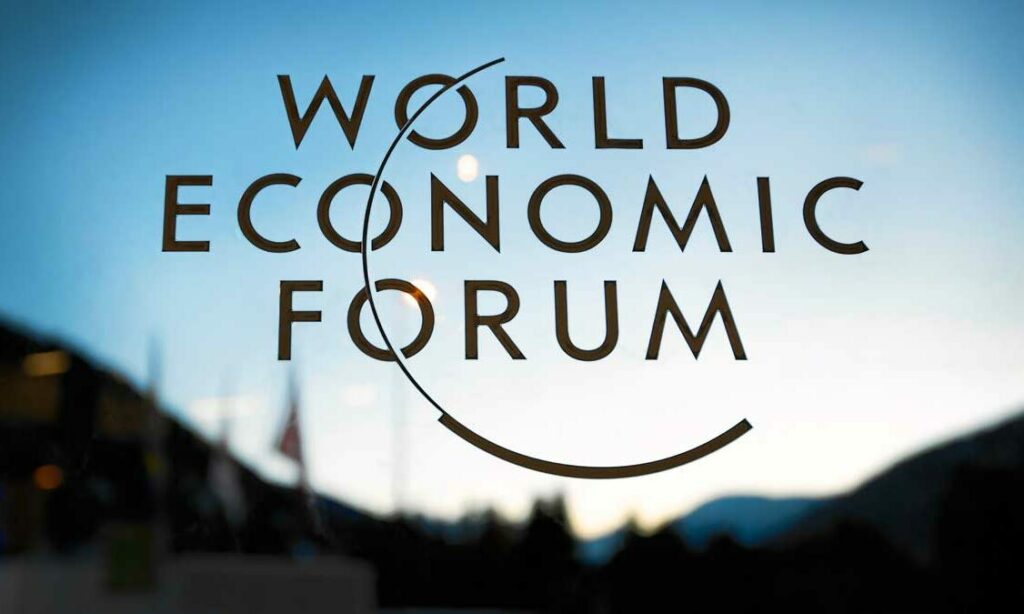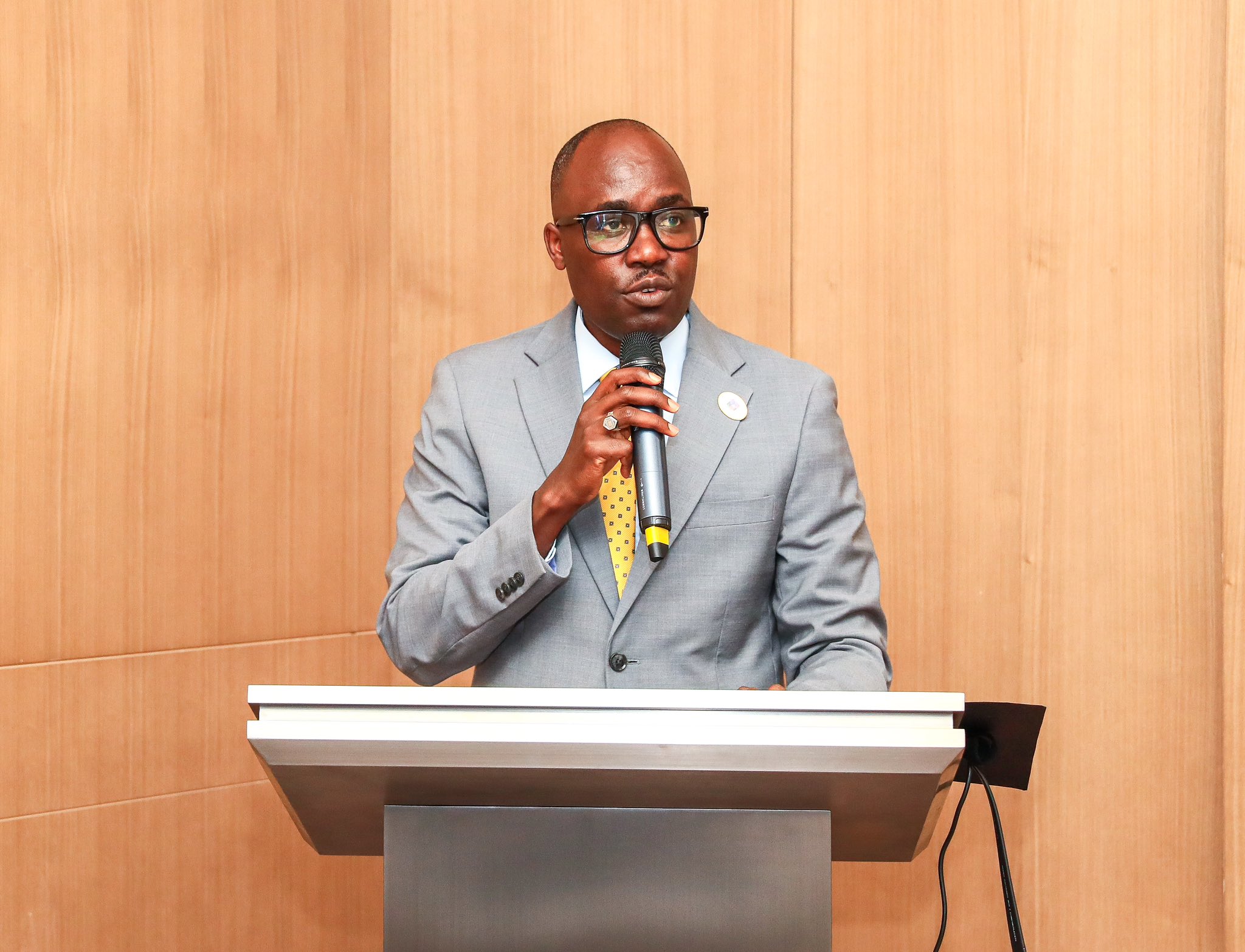International court to begin hearings that may shape climate change litigation
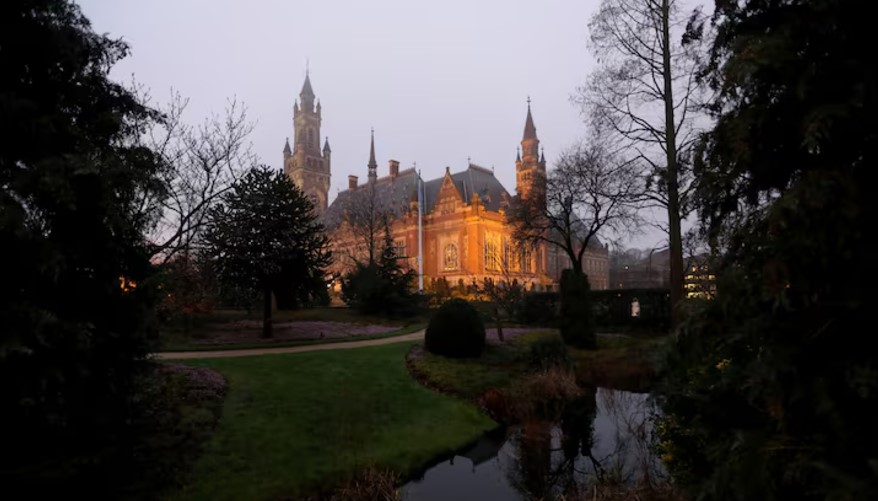
Fiji’s Attorney General Graham Leung called the hearings a historic opportunity for small island developing states in their quest for climate change justice.
The United Nations' top court next week begins hearings on the legal obligation of countries to fight climate change and the consequences for states of contributing to global warming, the outcome of which could influence litigation worldwide.
While the advisory opinions of the International Court of Justice (ICJ) are non-binding, they are legally and politically significant.
More To Read
- KDF soldiers showcase how culture, climate change are connected during annual event
- Research reveals previously unknown genetic diversity of wild chimpanzees shaped by habitats
- 2024 sets new record as the hottest year, breaching the Paris Agreement threshold of 1.5°C
- Meet Beta: The new tech-savvy generation born starting January 2025
Experts say the ICJ's eventual opinion on climate change will likely be cited in climate change-driven lawsuits in courts from Europe to Latin America and beyond.
The hearings begin a week after developing nations denounced as woefully inadequate an agreement reached at the COP29 summit for countries to provide $300 billion in annual climate finance by 2035 to help poorer nations cope with climate change.
Ralph Regenvanu, Vanuatu's special envoy for climate change and the environment, said it was imperative fossil fuels be phased out and more money provided to poorer nations bearing the brunt of climate change, such as his Pacific island nation.
"We're not seeing that in the outcome of the COPs," Regenvanu told Reuters.
"We are hoping (the ICJ) can provide a new avenue to break through the inertia we experience when trying to talk about climate justice," he added.
Historic opportunity
Fiji’s Attorney General Graham Leung called the hearings a historic opportunity for small island developing states in their quest for climate change justice.
Climate litigation is on the rise.
Earlier this year, Europe's top human rights court ruled that the Swiss government had violated the rights of its citizens by failing to do enough to combat climate change. But it also rejected two other cases, pointing to the complexities of the growing wave of climate litigation.
Vanuatu, one of the small developing nations that pushed for an ICJ advisory opinion, says it disproportionately suffers the effects of climate change as a result of increasingly intense storms and rising sea levels.
Give advisory opinions
Vanuatu will be the first of 98 countries and twelve international organisations to present arguments to the ICJ, also known as the World Court. It is the United Nation's highest court for resolving international disputes between states and can be tasked by the UN General Assembly to give advisory opinions.
In 2023, the assembly asked it for a formal opinion on questions including the legal obligations of states to protect the climate system and whether large states that contribute to greenhouse gas emissions may be liable for damages, in particular to small island nations.
"As COP29 failed to provide a clear direction for climate justice and ambition, any developments from the ICJ will now only become more weighty,” said Lea Main-Klingst, a lawyer with ClientEarth.
Aside from small island states and numerous Western and developing countries, the court will also hear from the world's top two emitters of greenhouse gases, the United States and China. Oil producer group OPEC will also give its views.
The hearings will start at 10 a.m. (0900 GMT) local time on Monday and run until December 13.
The court's opinion will be delivered in 2025.
Top Stories Today
